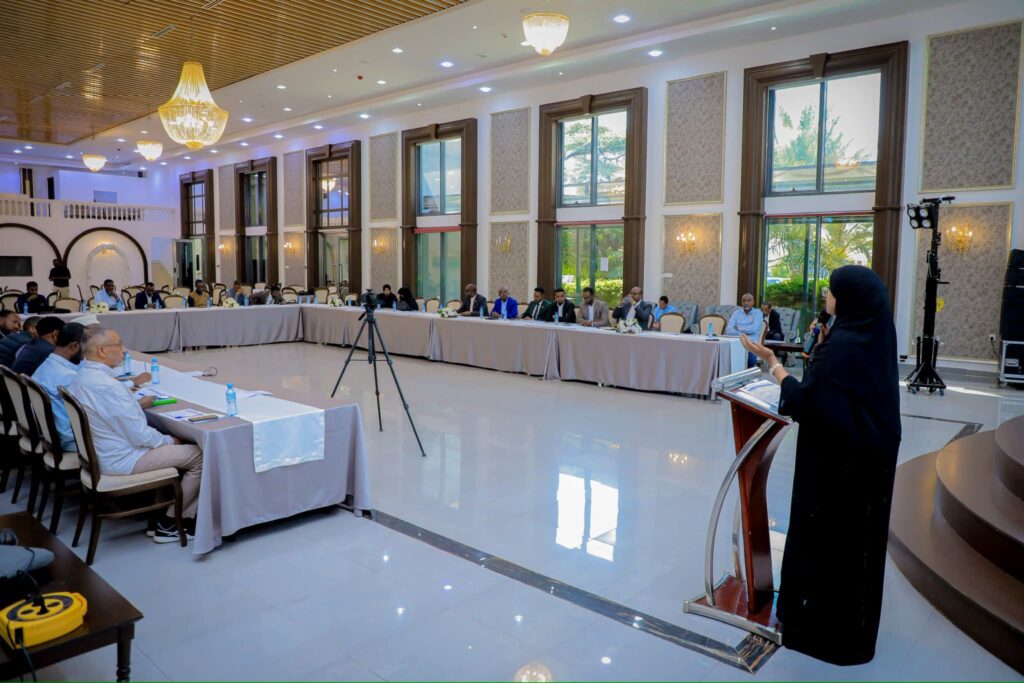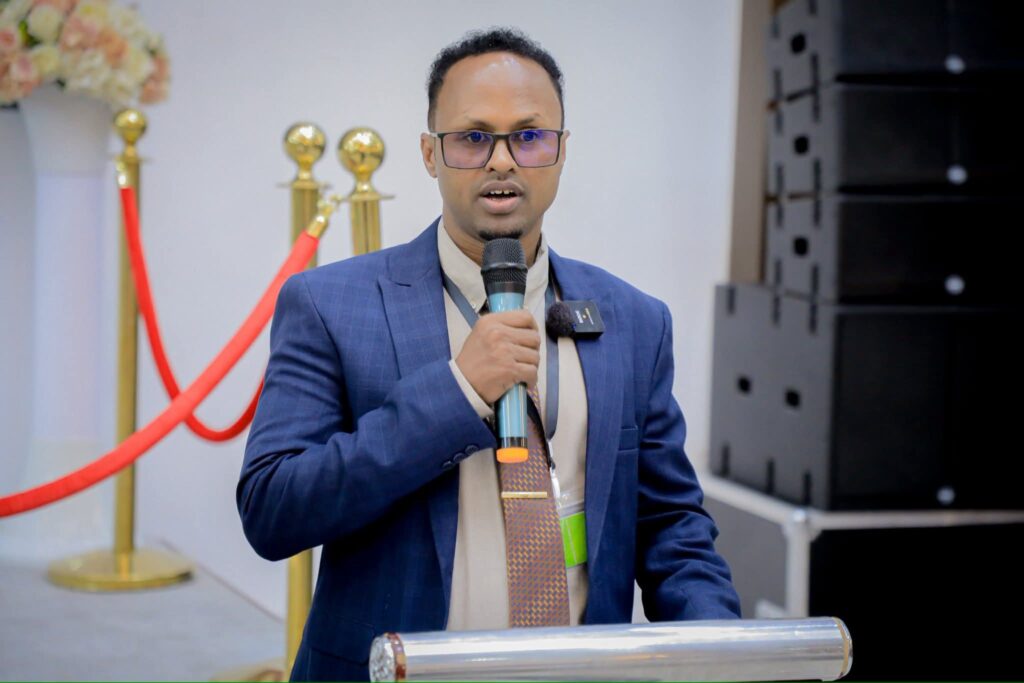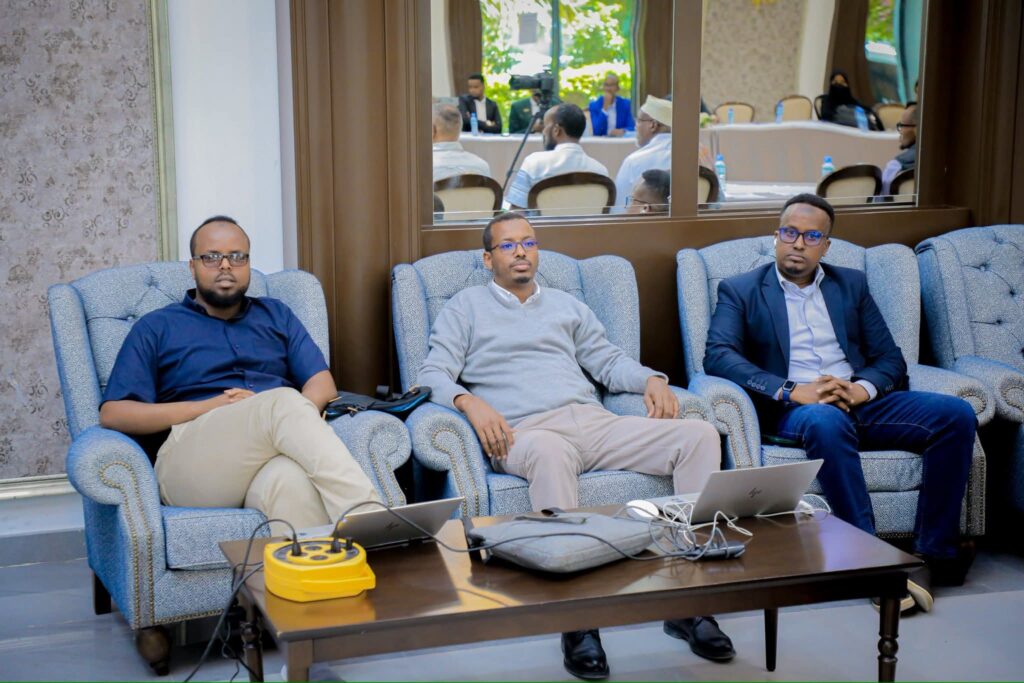
Hargeisa, [02. Oct. 2025] In a significant move to strengthen the nation’s healthcare system, the Ministry of Health, through its Department of Hospitals, successfully convened a major two-day Public-Private Partnership (PPP) forum this week.

The high-level meeting, held at the Damal Hotel in Hargeisa, brought together a diverse cross-section of private sector stakeholders in an unprecedented gathering aimed at fostering collaboration, aligning objectives, and addressing critical challenges within the health sector.

The forum, hailed as a pivotal step towards a more integrated healthcare ecosystem, saw robust attendance from key industry players, including representatives from the National Drug Importing Associations, various Pharmaceutical Associations, and the leadership of major private hospitals across the country.oʻ
The collective presence underscored a shared commitment to bridging the gap between public health mandates and private sector efficiency and innovation.
The opening ceremony set a tone of purpose and partnership, featuring remarks from a roster of senior Ministry officials.

The Director-General of the Ministry opened the proceedings, emphasizing the government’s renewed focus on leveraging private sector capabilities to achieve national health goals. “Our public health facilities carry a tremendous burden,” he stated. ” The expertise, resources, and agility of the private sector are essential for building a resilient, accessible, and high-quality healthcare system for all our citizens.”

This sentiment was echoed by the Director of the Department of Hospitals, who outlined the practical vision behind the forum. “This is not a mere consultation; it is the foundation for a structured and sustainable partnership. We are here to listen to your challenges, understand your capacities, and co-create solutions that will directly impact service delivery, from the availability of essential medicines to the standardization of care in our private hospitals.”

Adding a regional perspective, the Maroodijeeh Regional Health Coordinator provided ground-level insights into the specific healthcare needs and gaps within the country’s most populous region.

He highlighted how effective PPPs could alleviate pressure on overcrowded public facilities and extend healthcare access to underserved communities. The Director of Regions for the Ministry further reinforced this, stressing the importance of ensuring that any collaborative model is equitable and benefits all regions, not just the urban center.

The first day of the forum transitioned from broad policy statements to focused technical discussions. The Deputy Director of Planning for the Ministry delivered a comprehensive presentation detailing the Ministry’s key strategic areas of intervention. He mapped out priority sectors where private partnership could have the most immediate and profound impact, including maternal and child health, the management of non-communicable diseases, diagnostic services, and health infrastructure development. This presentation served as a crucial roadmap, clearly defining the “what” and “where” of the Ministry’s collaborative ambitions.

In his address to the Public-Private Partnership forum, the Damal Caafimaad Project Coordinator emphatically stated that a healthy nation cannot be achieved by the public sector alone, framing the private sector as an essential and dynamic part of the health ecosystem. He outlined three key areas for collaboration: strengthening pharmaceutical supply chains to ensure consistent medicine access, integrating private sector data into the national HMIS for better decision-making, and working with private hospitals to standardize treatment protocols and quality of care. Positioning the Damal Caafimaad Project as a ready catalyst and facilitator, he concluded that the “healing” of the health system requires a shared vision and the

A highlight of the technical sessions was a detailed presentation by the Head of the Health Management Information System (HMIS). He demystified the workings of the national HMIS, with a particular focus on the District Health System 2 (DHS2) software. The presentation illustrated how this integrated data platform captures, processes, and analyzes health data from across the country. “Data is the lifeblood of effective health policy,” the HMIS Head explained. “For our partnerships to be truly effective, we must operate from a single source of truth. The DHS2 platform can be a powerful tool for our private partners, providing valuable epidemiological insights, streamlining reporting, and ensuring that our collective efforts are data-driven and measurable.”
